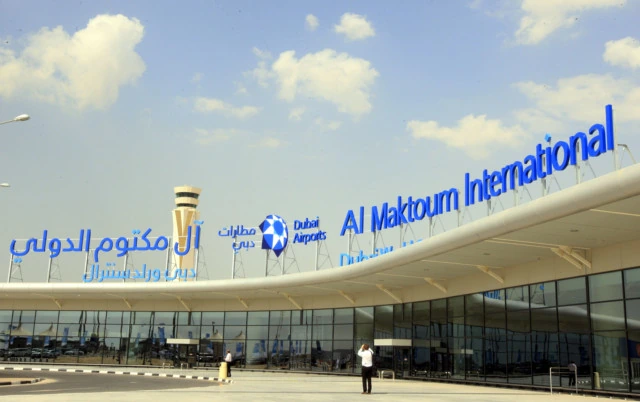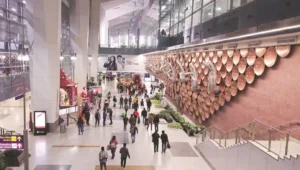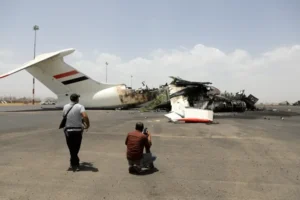Dubai’s $35B Mega-Airport to Get Underground Train for 20-Minute Transfers
Dubai’s Al Maktoum Airport will feature an underground train to slash transfer times, with AI optimizing operations across eight mini-terminals in the $35B mega-hub.

Photo Source: MEP Middle East
The future of air travel is taking shape in Dubai with groundbreaking plans for Al Maktoum International Airport (DWC), set to become the world’s most advanced aviation hub by 2033. At the heart of this $35 billion project lies an innovative underground train system designed to transform what passengers expect from airport transfers.
Spanning an unprecedented area, the new mega-terminal will require sophisticated transportation solutions to maintain efficiency. Early plans reveal an underground rail network that could reduce internal transit times to just 15-20 minutes – comparable to traveling between major urban train stations. This system will feature comfortable seating, addressing a key limitation of current Automated People Mover systems at Dubai International.
What makes this project truly revolutionary is its “eight mini-airports” concept, powered by artificial intelligence. Rather than creating one massive terminal with exhausting walking distances, the design clusters operations into eight intelligently connected nodes. Advanced AI algorithms will analyze real-time data to optimize aircraft placement, strategically grouping connecting flights to minimize passenger movement.
“The goal is to create a dynamic, passenger-friendly environment that eliminates the frustrations of navigating traditional mega-airports,” explained Dubai Airports CEO Paul Griffiths. “By using AI to manage aircraft positioning and passenger flows, we can deliver an experience that feels intimate despite the facility’s enormous scale.”
Construction has already commenced, with significant contracts awarded to global engineering firms. WSP Global, a Canadian consultancy, is leading the operational design review to ensure the terminal meets ambitious performance targets. The design process remains fluid as engineers work to balance groundbreaking innovation with practical functionality.
As Dubai prepares to redefine global aviation standards, the Al Maktoum International Airport project represents more than just infrastructure – it’s a bold reimagining of how technology can humanize travel at scale. When completed, this AI-driven, rail-connected mega-hub may well set the new global benchmark for passenger experience in the age of smart airports.











